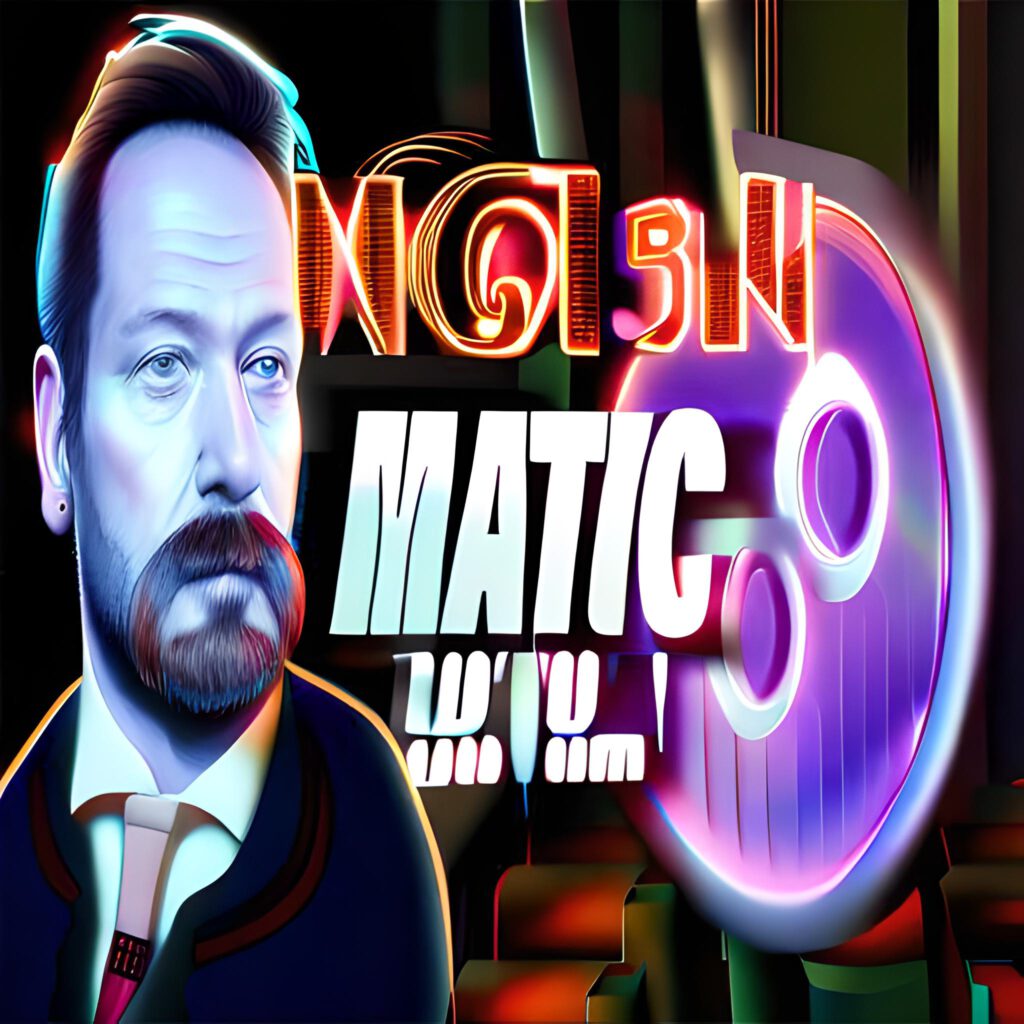Introduction
Polygon is undergoing a significant transformation by switching its native token from MATIC to POL. In this article, we’ll delve into the details of this transition, its implications, and the potential benefits and risks.
What is Happening?
Polygon, known as a layer-2 scaling solution for Ethereum, is making a monumental change by replacing MATIC with a new token called POL. This transition is a fundamental part of the broader overhaul known as Polygon 2.0, which envisions a network of interconnected blockchains powered by POL.
How is POL Different from MATIC?
As part of the shift to Polygon 2.0, the team is introducing POL to replace MATIC. POL will enable token holders to become validators within the network, allowing them to validate multiple chains and networks, significantly enhancing its productivity compared to ETH. Each chain will offer multiple roles, leading to potential fee accrual for POL holders.
Polygon is evolving into a network of networks designed to scale Ethereum, with plans to integrate privacy-enhancing zero-knowledge proofs (ZK) among other innovations.
Tokenomics
- Initial supply: 10 billion POL (same as MATIC)
- Yearly emissions: 2%
- Validator Rewards: 1%
- Community Treasury: 1%
Benefits of this Move
Polygon’s transition to Polygon 2.0 and the introduction of POL aim to create the “Value Layer of the Internet.” This layer will enable the creation, exchange, and programming of value, opening up various opportunities and roles for token holders.
POL’s introduction is part of a broader transformation that will see Polygon evolve into an interconnected ecosystem of blockchains, potentially accruing fees from all these chains.
Users will have the option to exchange their MATIC tokens for POL at a one-to-one ratio during a four-year window.
Risks of this Move
Despite the transition to POL, MATIC will not exit but rather undergo an upgrade if approved. While Polygon’s network growth has seen a decline, MATIC’s weighted sentiment has been steadily increasing, indicating a positive sentiment among users.
There have been movements in the dormant circulation of MATIC tokens, but it’s unlikely to lead to significant selling pressure.
In conclusion, POL represents a paradigm shift for Polygon, driving growth and security in the evolving ecosystem. As Polygon continues to embrace zk-powered L2 solutions, POL will play a central role in maximizing staker returns.


